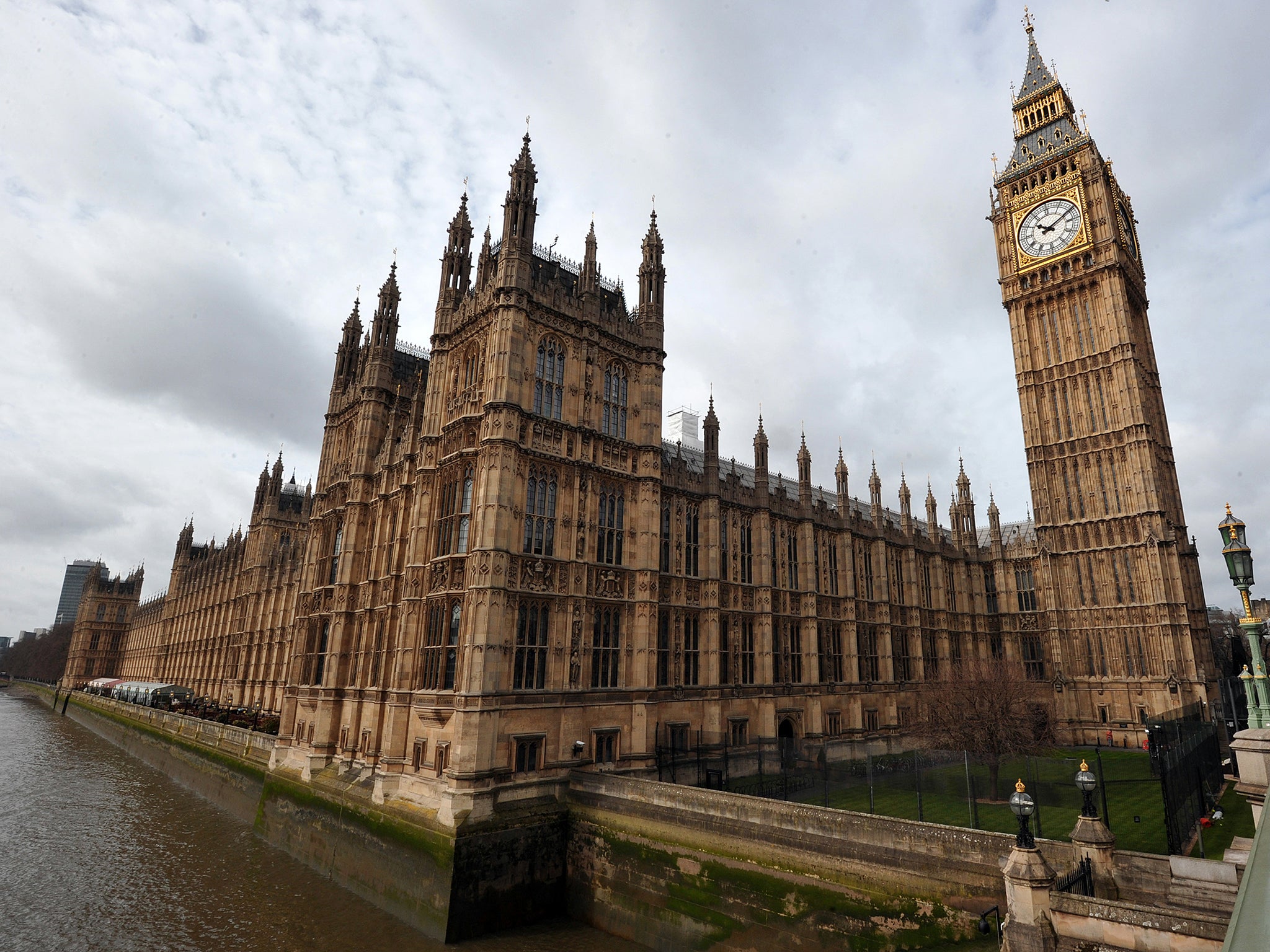What is a hung parliament? And how is a government formed?
Philip Goldenberg guides Independent readers through the jungle

Your support helps us to tell the story
From reproductive rights to climate change to Big Tech, The Independent is on the ground when the story is developing. Whether it's investigating the financials of Elon Musk's pro-Trump PAC or producing our latest documentary, 'The A Word', which shines a light on the American women fighting for reproductive rights, we know how important it is to parse out the facts from the messaging.
At such a critical moment in US history, we need reporters on the ground. Your donation allows us to keep sending journalists to speak to both sides of the story.
The Independent is trusted by Americans across the entire political spectrum. And unlike many other quality news outlets, we choose not to lock Americans out of our reporting and analysis with paywalls. We believe quality journalism should be available to everyone, paid for by those who can afford it.
Your support makes all the difference.The exit poll has predicted a hung parliament - which means that no single party has won a majority of the 650 seats up for grabs in Parliament.
What happens if no party wins a majority?
Following an inconclusive general election, an incumbent Prime Minister should stay until he can give clear advice to the Queen. He is entitled to try to put together an arrangement under which he can obtain Commons approval for a legislative programme. If he concludes that he cannot do this, then he should resign and advise the Queen to send for somebody else who can [Heath March 1974; Brown 2010].
Why must the incumbent PM resign – and what is the 'One Shot Rule'?
An incumbent PM who loses the vote on his legislative programme must resign, and advise the Queen to send for somebody else with the best chance of succeeding where he failed. This is because a legislative programme can only be put to the House by somebody invited by the Queen to form a Government. In this sequence the incumbent Prime Minister is by convention not entitled to another shot. But, if the incumbent has resigned before facing Parliament, and his successor then fails and resigns (as convention dictates), then the position is reversed and he would be invited by the Queen to have his shot.
What role does the Queen play following a hung parliament?
The Queen has the prerogative power to choose whom to invite to form a government. Indeed, before the Conservatives had a leadership election system, the Queen was used by that party to settle its internal rivalries [most recently, following the resignations of Eden and Macmillan]. But, in modern times, as the Palace told No 10 in 2010: “Please keep the cameras at your end of The Mall”.
What is the Royal invitation?
The Queen invites an individual to form a government. The invitee can accept on the spot (and kiss hands on appointment), decline or [Home 1963] say that he’ll go away, try and then report back. Don’t tell Nigel Farage, but the invitee then becomes a formateur in accordance with mainland European practice.
Motion of [No] Confidence
The Fixed-term Parliaments Act (whose core purpose was to stop the Prime Minister of a coalition government seeking an early dissolution without the consent of the smaller party) has inserted into statute law a definition of a [No] Confidence vote. This was designed to apply to a government losing the confidence of the House in mid-Parliament, and provides for an early dissolution if either two-thirds of all MPs so vote, or if a government suffers a No Confidence vote and a Confidence vote is not then passed within a fortnight. But it does not apply to the process of post-election government formation, when a vote on a legislative programme is effectively a confidence vote, but not in the specified statutory form.
No early dissolution
In the process of post-election government formation, therefore, the only route to an early dissolution is a two-thirds vote of the whole House. Realpolitik says this won’t happen while either of the larger parties thinks that it can maintain a government, whether in coalition or not, and whether commanding an overall majority or not.
What to expect
As in 2010, a longer period than has traditionally been allowed, with the State Opening of Parliament delayed until 27 May (which the Queen can further postpone). Unlike 2010, there is no financial crisis dictating that speed is of the essence; and the Commons is likely to be more kaleidoscopic. So expect a busy three weeks (or a bit longer) until it is apparent what will fly and what won’t get off the runway.
Join our commenting forum
Join thought-provoking conversations, follow other Independent readers and see their replies
Comments